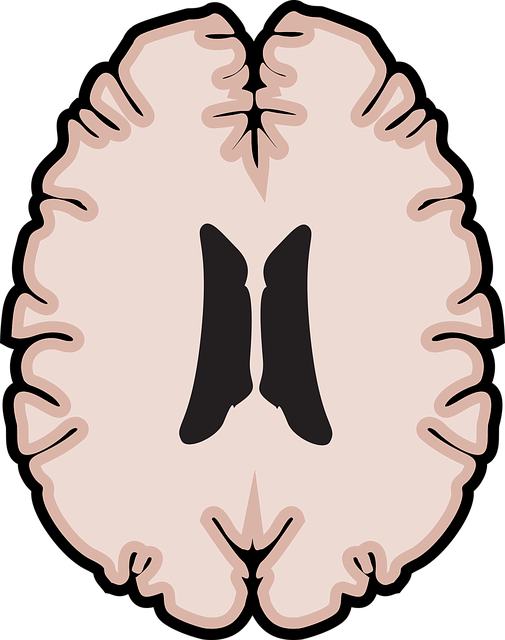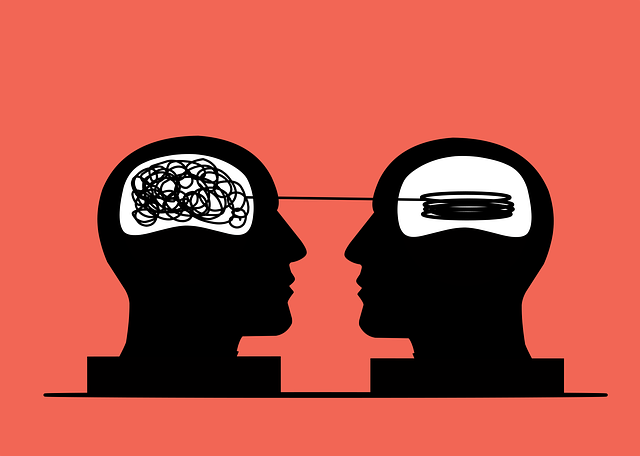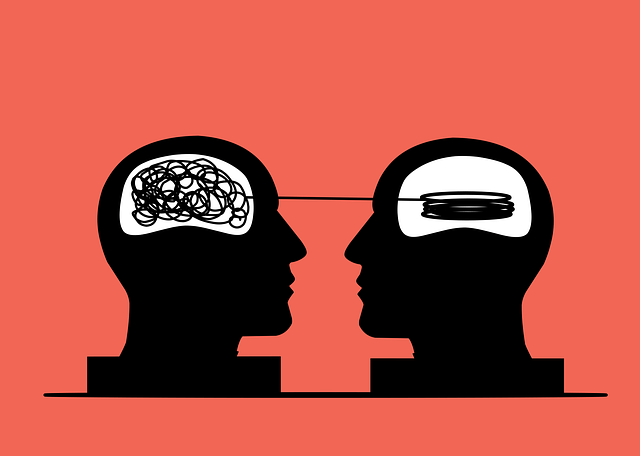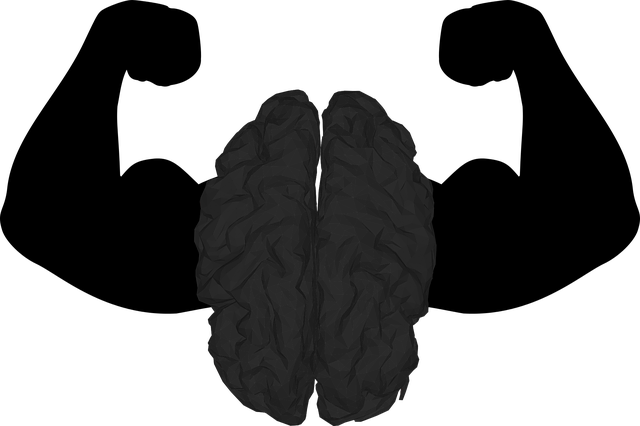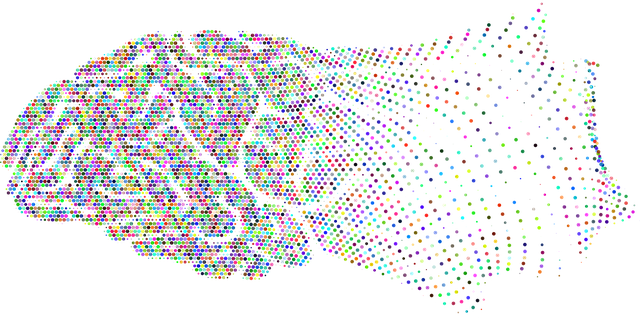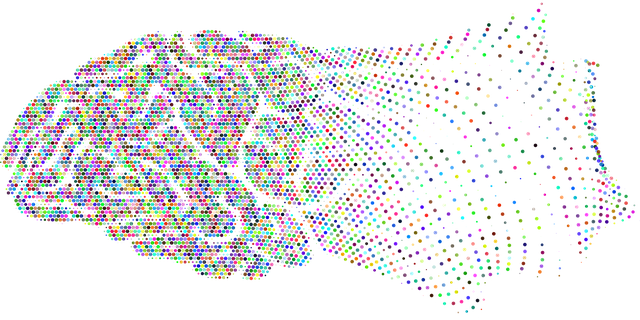Golden Exposure and Response Prevention (GERP) Therapy is a structured approach to managing anxiety through gradual exposure to feared situations, teaching individuals advanced emotional regulation skills while preventing avoidance behaviors. This effective treatment for various anxiety disorders enhances resilience by reducing the impact of triggers and mental illness stigma. Integrating self-care practices like exercise, mindfulness, and adequate sleep, along with positive thinking techniques, complements GERP Therapy, fostering optimism and resilience in challenging situations.
“Unraveling the power of Golden Exposure and Response Prevention Therapy—a transformative coping skills framework—this article guides you through effective strategies for managing stress and anxiety. By understanding personal triggers and adopting evidence-based techniques, individuals can gain control over their emotional responses. We’ll explore how gradual exposure to stressors enables desensitization while learning response prevention methods fosters positive coping mechanisms. Embrace a journey towards enhanced resilience and improved mental well-being.”
- Understanding Golden Exposure and Response Prevention Therapy: A Coping Skills Framework
- Identifying Personal Triggers and Coping Mechanisms
- Practicing Exposure and Learning Response Prevention Techniques
Understanding Golden Exposure and Response Prevention Therapy: A Coping Skills Framework

Golden Exposure and Response Prevention Therapy (GERP) offers a powerful framework for coping skills development. This therapy encourages individuals to confront fears and avoidant behaviors by gradually exposing them to stressful situations, while simultaneously preventing any habitual avoidance responses or safety behaviors that might otherwise ease anxiety.
By participating in structured sessions led by trained professionals, clients learn to manage their emotional reactions during exposure exercises. Through this process, they develop improved emotional regulation skills, allowing them to navigate challenging situations with greater ease and resilience. GERP has proven effective in treating various anxiety disorders and is often integrated into stress management workshops organized by mental health organizations, promoting emotional healing processes for individuals seeking to enhance their coping abilities.
Identifying Personal Triggers and Coping Mechanisms

Understanding personal triggers is a pivotal step in coping skills development. This involves identifying specific situations, thoughts, or emotions that lead to distress or negative behaviors. For instance, someone with social anxiety might realize their trigger is public speaking, while an individual battling depression may identify certain memories or social media exposure as prompts for low mood. Once these triggers are recognized, individuals can start to explore and adopt effective coping mechanisms.
Golden Exposure and Response Prevention Therapy (GERP) offers a structured approach to this process. GERP encourages gradual and controlled exposure to anxiety-provoking situations, helping individuals develop new responses that do not involve avoidance or escape behaviors. This therapy also emphasizes self-care routine development for better mental health and well-being. By combining these strategies, individuals can reduce the impact of triggers, foster resilience, and significantly contribute to mental wellness while also aiding in mental illness stigma reduction efforts.
Practicing Exposure and Learning Response Prevention Techniques

One powerful coping skills development strategy is Golden Exposure and Response Prevention (ERP) Therapy. This technique involves gradually exposing oneself to situations or triggers that cause anxiety, while simultaneously learning new response patterns. By repeatedly facing fears in a controlled environment, individuals rewire their emotional responses, reducing the power of anxious thoughts over time. ERP Therapy encourages patients to stay in the moment, challenging them to replace avoidance behaviors with more adaptive coping strategies like deep breathing and positive thinking exercises.
Integrating Self-Care Practices alongside Golden Exposure and Response Prevention can further enhance coping skills development. Regular self-care routines, including exercise, mindfulness practices, and adequate sleep, equip individuals with additional tools to manage stress and anxiety. Positive Thinking techniques, such as reframing negative thoughts and practicing gratitude, complement ERP Therapy by fostering a more optimistic outlook. Ultimately, these combined approaches empower individuals to navigate challenging situations with improved resilience and emotional agility.
Golden Exposure and Response Prevention Therapy offers a powerful framework for developing effective coping skills. By understanding individual triggers, practicing exposure to fears or stressors, and learning response prevention techniques, individuals can break free from unhelpful coping mechanisms and cultivate resilience. This therapeutic approach enables folks to navigate life’s challenges with enhanced emotional well-being, ultimately revolutionizing their ability to cope and thrive.


